
There is nothing more devastating than losing a loved one. Learning that another person’s negligent or reckless actions caused their death makes the loss exponentially more painful. You likely feel anger, sadness, and stress, and you might feel unsure about what to do next.
You should know you don’t have to suffer alone. An experienced wrongful death attorney at Wiley Lavender Maknoor, PC, can help you hold the party responsible for your loved one’s death accountable.
You may be wondering, how do you prove wrongful death? Below, we discuss a few key pieces of information you should know about wrongful death claims.
If you have questions, please contact us today.
What Is Wrongful Death?
A wrongful death claim arises when a person’s death is caused by the wrongful act, neglect, or default of another. New Jersey law allows certain surviving family members to collect damages for the financial losses they suffered due to their loved one’s death.
Who Can File for Wrongful Death in New Jersey?
Under New Jersey law, a wrongful death lawsuit can only be filed by certain people, including the following individuals:
- The decedent’s spouse and children or grandchildren,
- The decedent’s parents,
- Surviving siblings, nieces, or nephews of the decedent, and
- Individuals who can prove they were the decedent’s dependents.
The statute of limitations dictates the time an individual has to file a lawsuit. In most cases, a failure to file within this period bars the individual from collecting compensation or bringing their claim later.
New Jersey law provides a two-year statute of limitations for wrongful death lawsuits that begins running on the date of the decedent’s passing. Contact a wrongful death attorney immediately after a loved one’s death to avoid missing important legal deadlines, including the statute of limitations.
How Do You Prove Wrongful Death?
Establishing fault and liability in wrongful death claims often requires showing the other party was negligent. To prove the other party was negligent, you must prove all four of the following elements:
- Duty of care. You must show the other party owed a duty of care to the victim. A duty of care is the duty to act as a reasonable person would act in the same circumstances so that you avoid harming others—for example, a driver owes a duty of care to others to drive as a reasonable person would and to follow all traffic laws.
- Breach. You must then show the other party’s action or inaction breached their duty of care. For example, a driver who drove under the influence of alcohol or failed to obey road signs likely breached their duty of care.
- Causation. The other party’s breach of duty caused your loved one’s death.
- Damages. You must show that you suffered losses you can be compensated for.
Your attorney will investigate the circumstances surrounding your loved one’s death to prove these essential elements of negligence. While this might seem straightforward, proving negligence without an attorney is challenging because establishing these elements often requires making sophisticated legal arguments.
Contact a Wrongful Death Attorney in New Jersey Today
At Wiley Lavender Maknoor, PC, we help individuals and families throughout New Jersey seek justice in their darkest times. We understand that no amount of money could ever replace the loss of your loved one.
However, obtaining financial compensation after such a devastating loss can help you and your family put the pieces of your lives back together. Our personal injury attorneys can handle every aspect of your claim for you so that you can concentrate on yourself and your family.
Contact us today to find out more about how we can assist you.
 Google Screened
Google Screened

